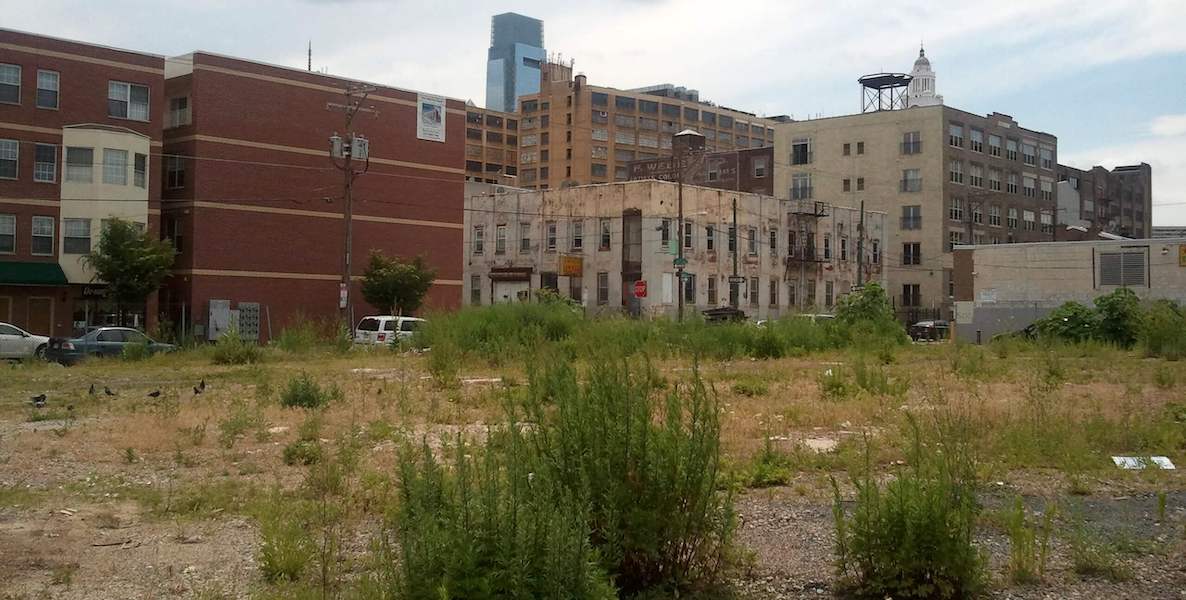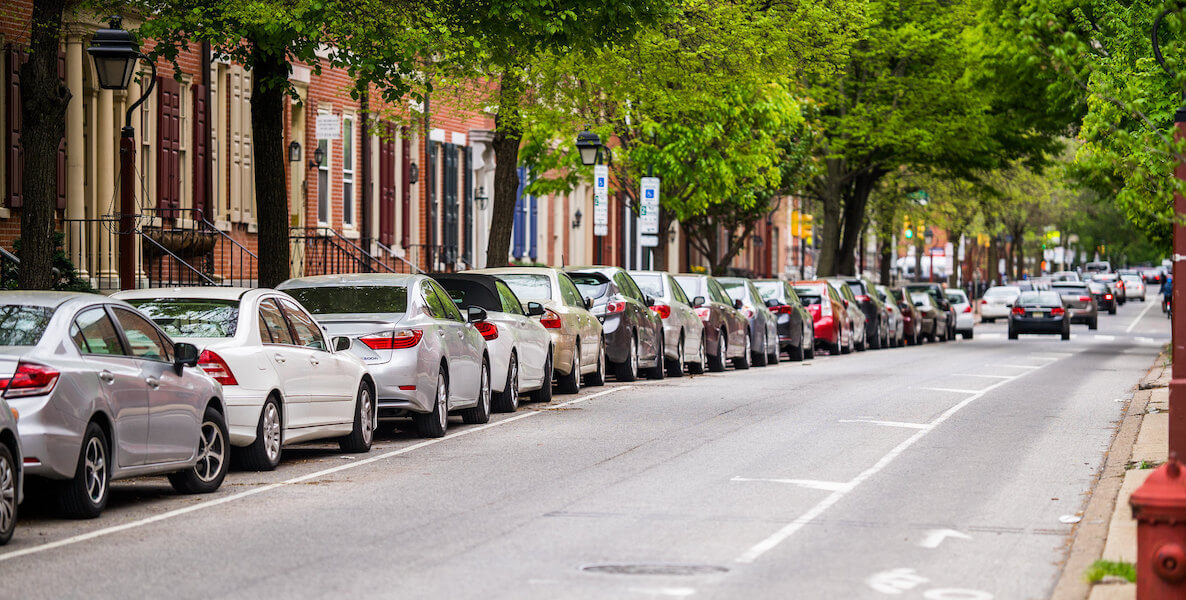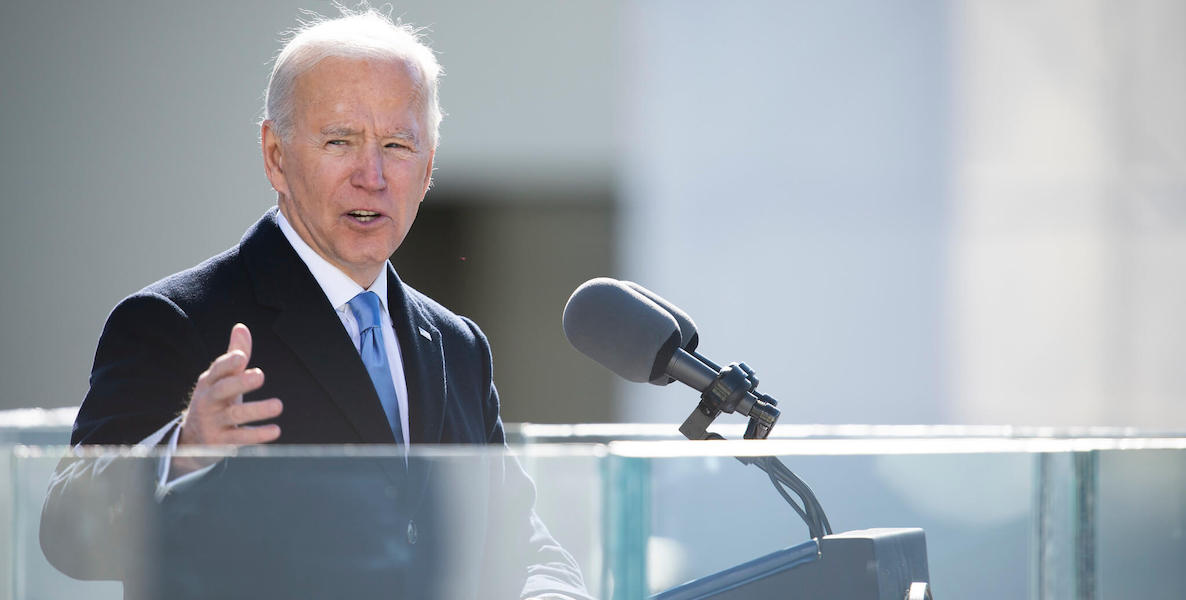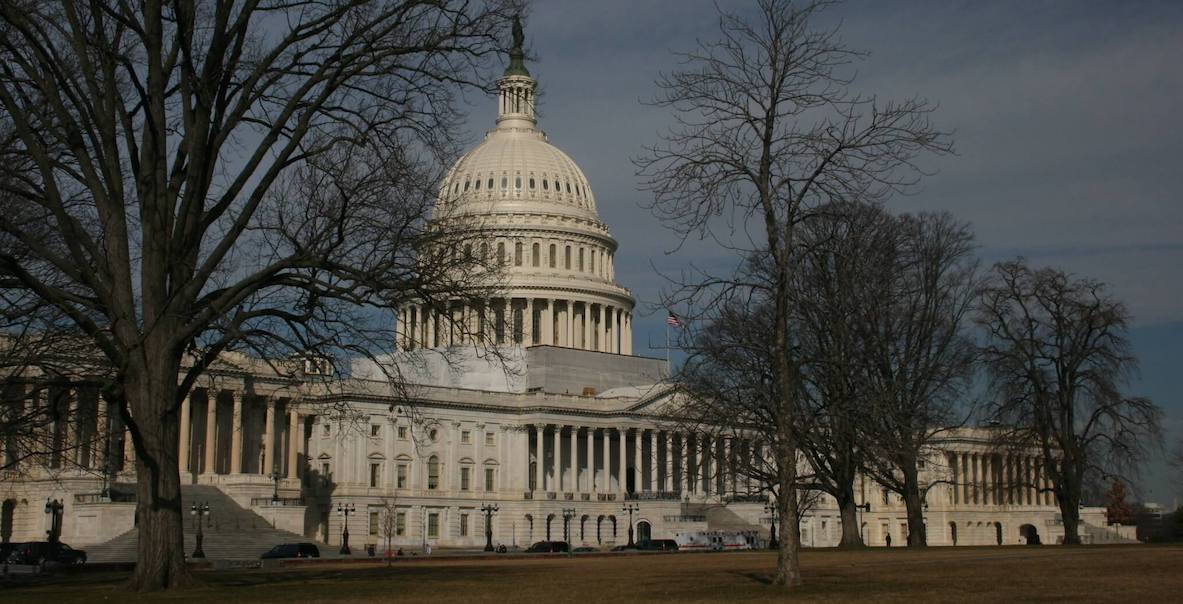If the Congressional Covid aid package passes essentially in the form that’s been reported to date, Philadelphia could see $1.3 billion in federal funding to restore budget cuts—an amount equal to the sum of last year’s budget cuts ($750 million), and those forecast for this year ($450 million), as well.
Call your representativesDo Something
Here is what could be in the bill for Philadelphia, according to the Inquirer, who interviewed Congressman Brendan Boyle, the vice chair of the Budget Committee.
- $1.3 billion to offset budget deficits caused by the pandemic
- $914 million in transit funding, which will mostly go to SEPTA
- $115 million for Philadelphia International Airport
- $148,000 for Northeast Philadelphia Airport
The stimulus bill also gives Pennsylvania $13 billion for state and local governments. It also allocates hundreds of millions of dollars for education and child care funding across the commonwealth, including:
- $1.2 billion for child care
- $34.7 million for Head Start
- $5.3 billion for K-12 funding
- $1.3 billion for higher education
Unfortunately, there’s now an effort underway in the Senate by more centrist members to scale back the amount of state and local aid in the package, in favor of spending more on infrastructure, and specifically broadband. The U.S. Conference of Mayors is pushing back, as are public sector unions, to keep the amount of state and local aid the same.
It’s worth underscoring how misguided this would be. While state revenues are not quite as battered as they were originally projected to be months ago on the whole, Pennsylvania—one of the tipping point states for Joe Biden’s election win—is one of the state governments facing a large budget gap, and Philadelphia is in this boat, as well.
Recent stories by Jon GeetingRead More
Senators shouldn’t lose sight of the reality that much of the state and local aid will go toward infrastructure spending, and specifically, the kind best-suited for short-term economic relief. The projects now being put on hold are mostly ready to go as soon as the money becomes available.
While a separate transportation and infrastructure spending package is also needed to lay the groundwork for long-term economic prosperity, that’s a much different conversation than the one about short-term economic relief and should be taken up on a somewhat longer timetable this year, with appropriate time for discussion and debate. State and local governments, meanwhile, need emergency relief and certainty right now as they head into budget season.

Jon Geeting is the director of engagement at Philadelphia 3.0, a political action committee that supports efforts to reform and modernize City Hall. This is part of a series of articles running on both The Citizen and 3.0’s blog.
Header photo by Supermac1961 / Flickr







